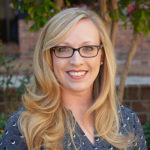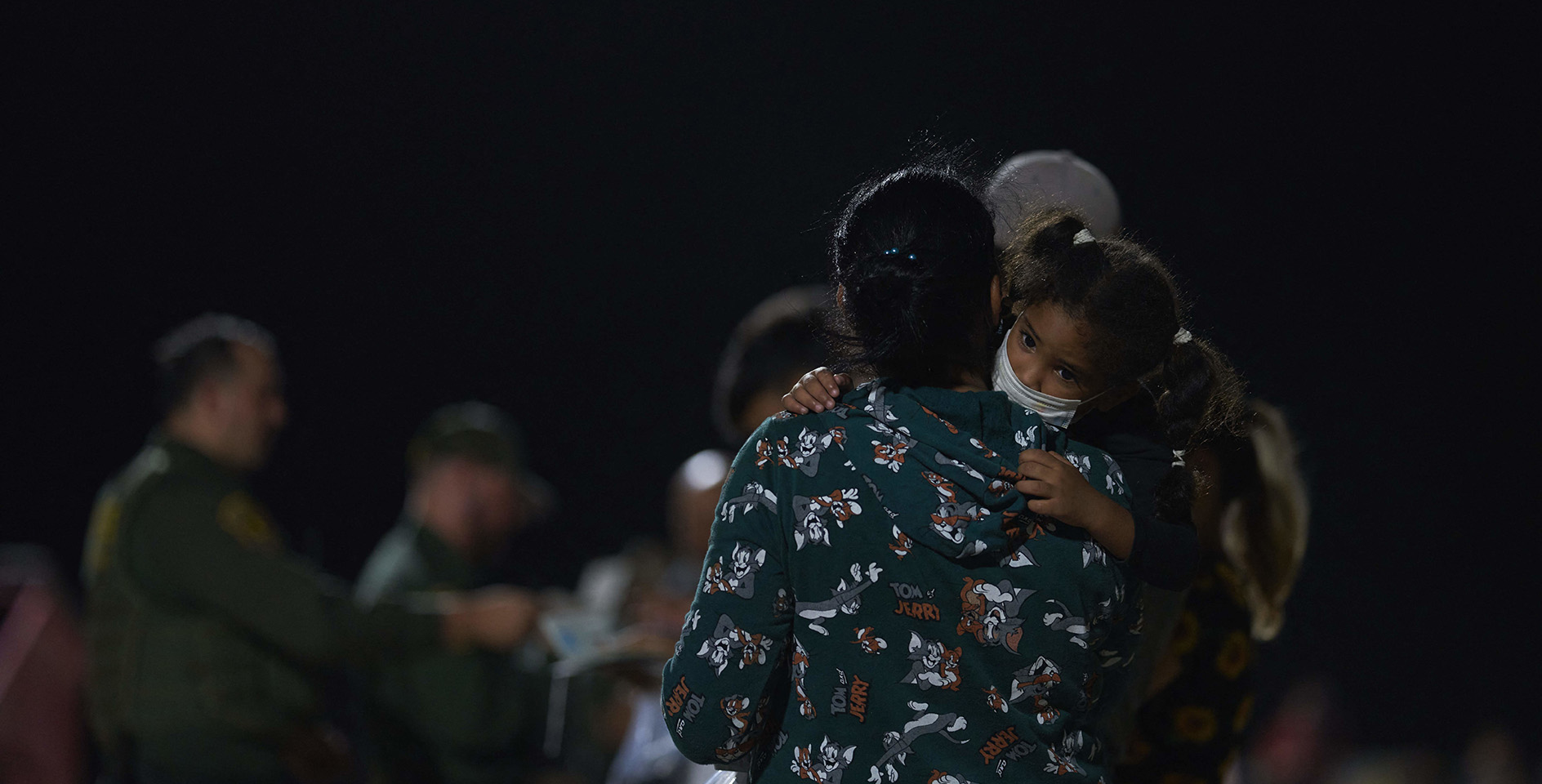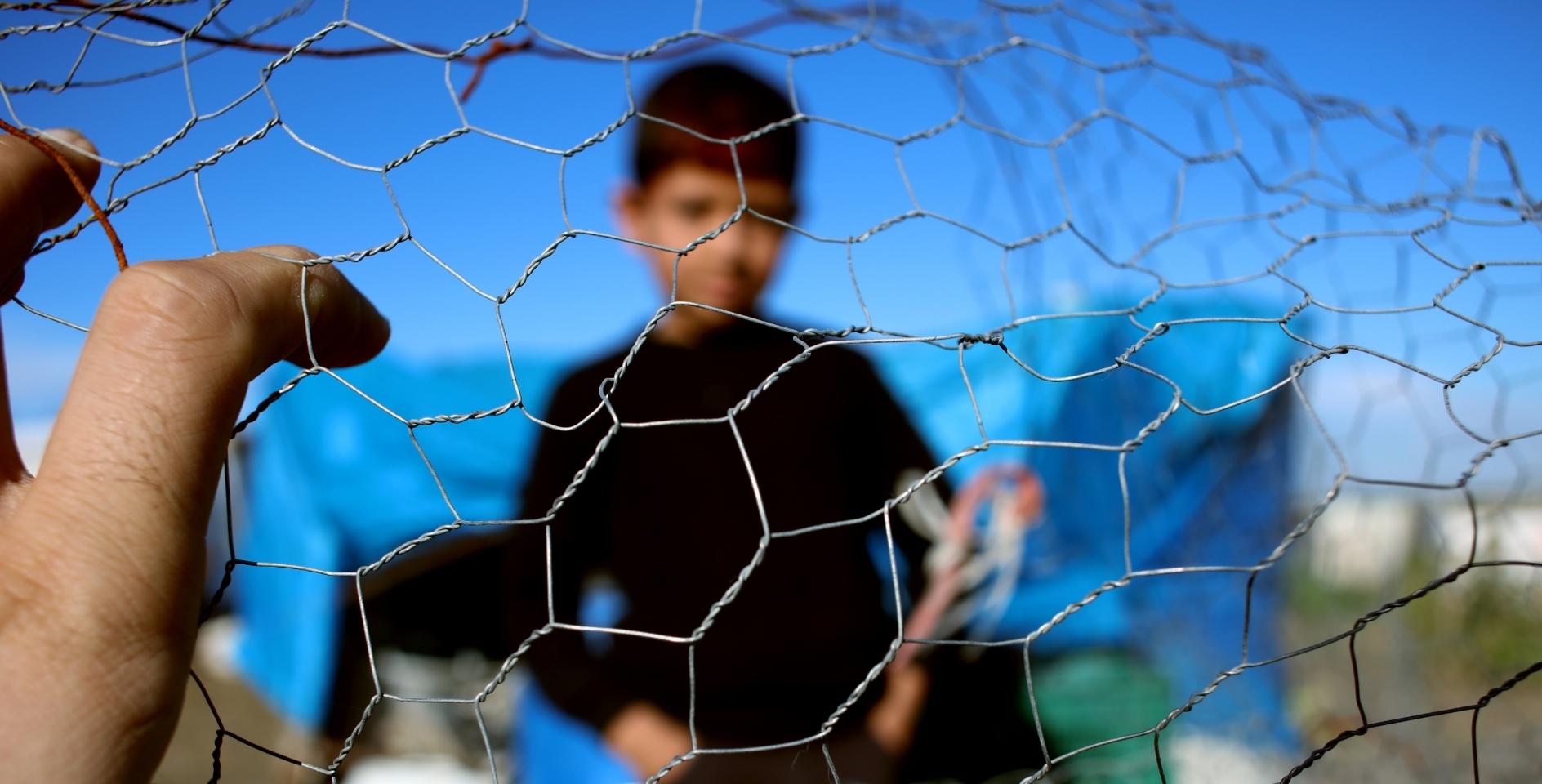If the Supreme Court overturns Roe vs. Wade, it will be a historic moment for the dignity of human life. We will rightly celebrate the thousands and thousands of lives that will be saved. Yet, while we pursue every opportunity to make abortion illegal by creating laws that protect life, an equally important goal is for abortion to be unthinkable and unnecessary in the hearts and minds of our culture. There will only be widespread change when we all see life—holistically—as having inherent value.
A post-Roe world is good, but a post-abortion world is what we continue to fervently work to achieve by reaching vulnerable women where they are in their time of need. Laws are critical, but they cannot change the fact that there will still be thousands of women who will face an unplanned pregnancy. Many of them will be afraid, unprepared, and unsure of what to do and where to turn. And even if Roe is overturned, it is critical we inspire, equip, and mobilize a new generation to defend the dignity of all human life, transforming our culture so they see abortion as unnecessary and unthinkable.
Is unnecessary, necessary?
Many may be asking the question, “When is abortion really ever ‘necessary’?” We use the word “unnecessary” to directly counter the constant narrative of lies that Planned Parenthood has fed to women for the last 50 years, including: “In your situation, an abortion is necessary for you to live a full life. An abortion is necessary for you to earn a living. An abortion is necessary for you to flourish.”
When we say we want to make abortion “unnecessary” in our lifetime, we aren’t using that term because we believe it is necessary, but because so many women believe abortion is their only option. We are seeking to speak their language as we address them because they often feel scared, trapped, shamed, and don’t know where to go. All these factors make women in vulnerable situations feel abortion the only choice to make.
This is what these women have heard. This is what they feel. This is what they believe. We don’t need to be an echo chamber in our own community, using words and language that we approve and make us comfortable. Rather, we must reach abortion-minded and abortion-vulnerable women where they are and speak with compassion, empathy, and relevancy to their situations, which are often messy, complex, and dire.
Miss D’s story
Miss D was just that kind of young woman (her real name is changed for her privacy and safety). When D was 6 years old, she was removed from her mother, and parental rights were terminated. From that time until she aged out of the foster care system at 18, she had 13 foster families. While in the foster care system, a family adopted her, and the father physically abused her. She was removed from that home, and the parental rights of the adoptive family were terminated. When D aged out of the foster care system, she had no family, no support, and nowhere to go. She began using drugs and alcohol to numb the pain from her trauma. This led to her being trafficked, and she eventually became pregnant unexpectedly.
Against all odds, she carried her baby to term. DHS removed the baby from her care and terminated her parental rights because she was unable to care for her baby. Continuing down this dark path, she had a second unplanned pregnancy. This time, D was committed to having an abortion. She had no family, no protection, could barely care for herself, and had no support. Through a mutual friend, D met an advocate from a pro-life organization who began to walk alongside her in love, compassion, and empathy and showed her that she had other choices. The advocate told D she would foster her daughter, connect her to a church, and help her with resources to provide ongoing support through a continuum for care. Again, counter to the “necessary” message she was told by culture, D courageously chose life. Abortion became “unnecessary” in her eyes because God sent someone to her who told her she did not have to believe that lie. Today, Baby E is alive and ready for a forever family!
Welcoming vulnerable women with open arms
We need to recognize that most women like D who are considering abortion are doing so because they feel afraid, overwhelmed, unsupported, and have limited options. Some can hardly support themselves, let alone a child. Some are pressured by their partner and don’t have anyone else in their life to help them. Others think that the church will shame them because they are pregnant outside of marriage.
So as the church is facing a potential post-Roe world, we need to welcome these women with open arms, love them, value them, support them, and yes, communicate in a way that reaches them with a sense of empathy—all while keeping Christ’s truth, love, and compassion for the broken and hurting front and center.
We want the church to be the first place that women go in their time of crisis to receive care and support, not judgment. As we continue to work tirelessly toward laws that protect our vulnerable, preborn neighbors, protect family flourishing, and meet the needs of women so that no woman ever views abortion as thinkable or necessary, let us also stand for life in this historic moment by unifying our efforts, continuing our critical work, and making the church the most supportive and hopeful place to go in a vulnerable woman’s time of need. And then, perhaps, God will use our efforts to turn this moment into an opportunity to change our culture’s entire view of life.










